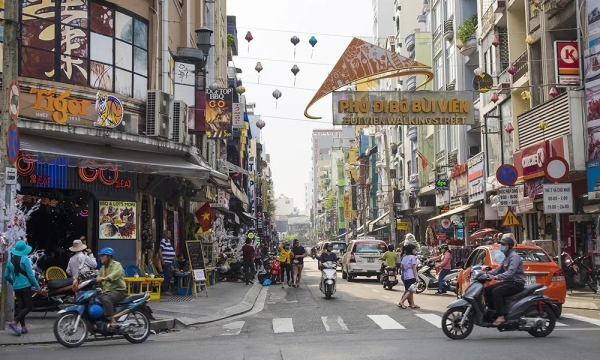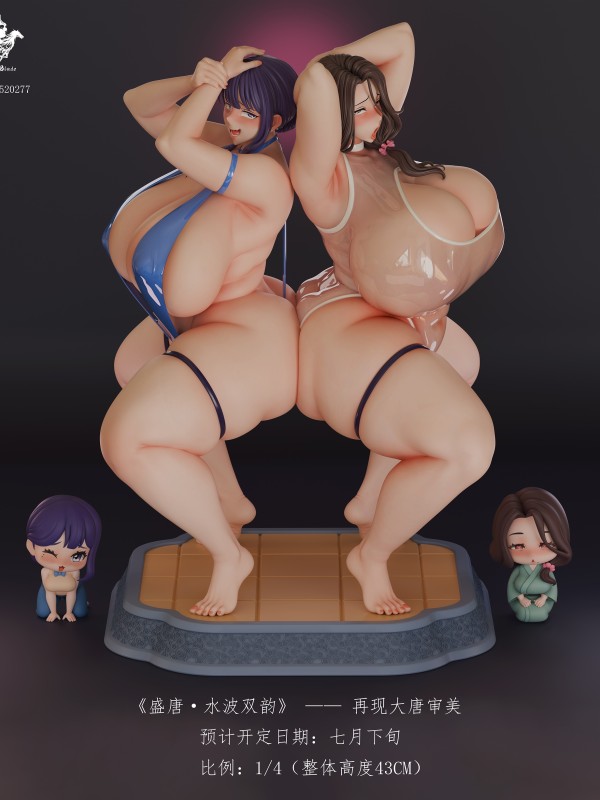On December 5, well-known Chinese cross-border e-commerce platforms Temu and Shein stated that they had suspended their operations in Vietnam and were currently registering their e-commerce services with Vietnamese authorities.
"Shein is committed to complying with the laws and regulations of the countries in which we operate," Shein said in an emailed statement, adding that while its Vietnamese website was temporarily unavailable, Vietnamese customers could still shop on its international platform.
Ministry of Industry and Trade of Vietnam said in a statement that Temu would suspend operations until it completes the registration process. However, the statement did not mention when the registration process could be completed and Temu could resume operations.
Temu and Shein are known for selling low-priced goods. Shein has been operating in Vietnam for two years, while Temu only entered the Vietnamese market in October this year. Since its launch in September 2022, Temu has maintained rapid expansion, with the number of users approaching that of the American e-commerce giant Amazon. The slogan of Temu is 'Shop like a billionaire,' but this business philosophy is causing concern and concern in many countries.
Indonesia took the most decisive action. The Minister of Communications and Information of Indonesia, Budi, stated in October that the country has requested Apple and Google to remove Temu from their app stores to protect small and medium-sized enterprises from the impact of low-priced products. Budi said the Indonesian government plans to impose similar blockade measures on Shein. Indonesian President Joko Widodo, who recently left office, said in October that the problem of overcapacity in China is causing widespread concern. Many countries are worried about this and have taken measures to protect their domestic markets and avoid being impacted by a large number of cheap products.
The tariff actions of Vietnam have lagged behind other ASEAN countries, and taxing low-priced goods has become a general trend. On November 26, the Vietnamese Parliament amended the law to require goods on foreign e-commerce platforms to pay up to 10% value-added tax starting from July next year, and also called on the government to cancel the tax exemption policy for low-price imported goods. The changes in these two policies mean that the era of crazy expansion of foreign e-commerce platforms in the Vietnamese market with low prices is coming to an end.
From a global perspective, the era of zero tariffs on small-value packages is coming to an end, and the globalization process is facing severe challenges. This will be the general trend in the future. For the cross-border e-commerce platform in China, they need to adapt to an unfriendly international environment and a low-growth development period, and continue to improve themselves in the face of adversity.
















